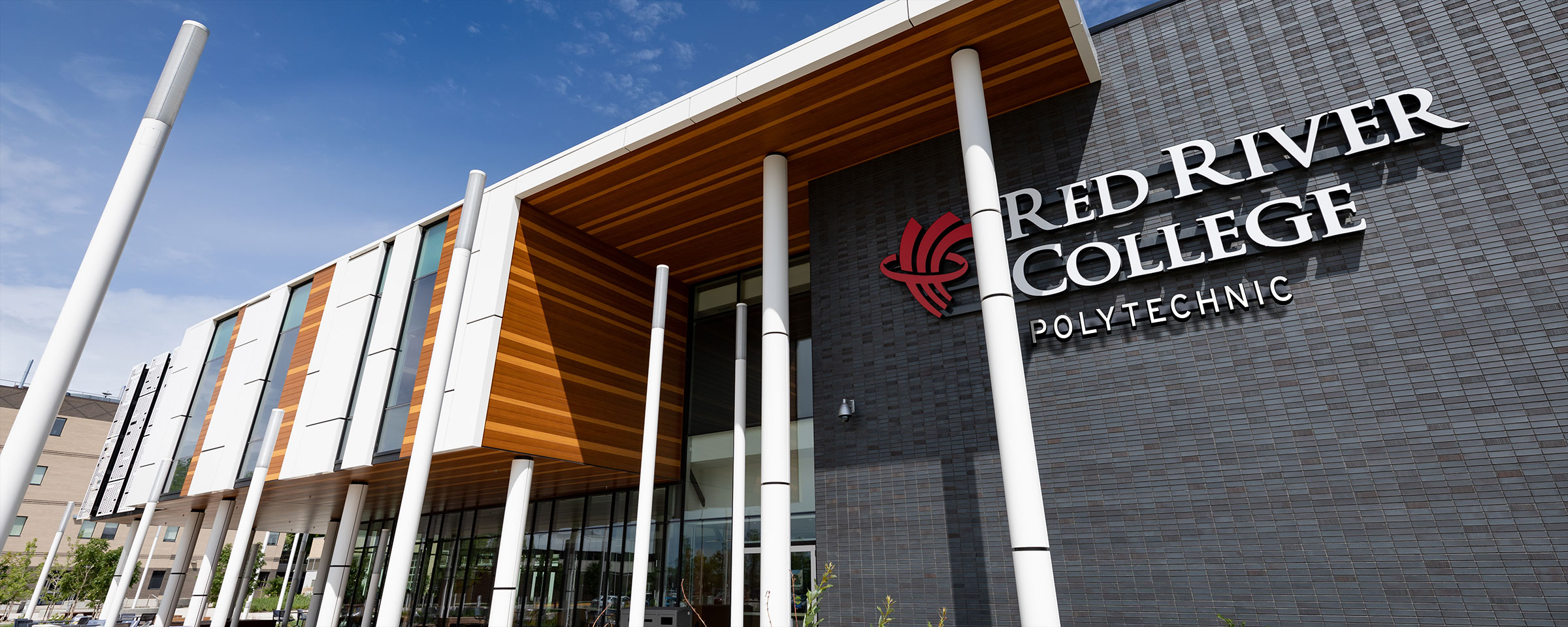RRC Polytech Pathway Students Set for Success Thanks to Free Laptops from Lenovo
Forty-three students in two of Red River College Polytechnic (RRC Polytech)’s Pathway programs – Pathway to Information Technology and Pathway to Engineering – are starting their second term strong thanks to free technology from Lenovo.
“The financial cost of accessing technology like laptops can pose a barrier and make it difficult for some students entering a post-secondary program,” said Fred Meier, President and CEO, RRC Polytech. “Lenovo is eliminating that barrier by ensuring students have their own technology they can use in and out of the classroom. This gift is already boosting each student’s confidence in their abilities, enabling them to pursue their chosen paths with the assurance that they are prepared to excel in both their future education and the workplace after graduation.”
As the winter term begins, Warren Beleyowski, Account Executive from Lenovo is joining 11 students from the Pathway to Engineering Technology programs for a visual demonstration of how they are integrating Indigenous perspectives into the field of engineering, providing them with a more sustainable approach to the industry. Photo opportunities and interviews with RRC Polytech students and faculty, and Warren Beleyowski, are available.
When: 12:30-1:00 p.m., January 14, 2025
Where: Indigenous Student Support Centre, Second floor of F Building, RRC Polytech, Notre Dame Campus (1055 Notre Dame Avenue)
The Lenovo Thinkpad X13 Gen 4 laptops were given to the students at the beginning of the Fall 2024 term, and students will be able to keep them even after their programs come to an end this spring. The College’s Pathway programs are designed to equip Indigenous Manitobans with the support and skills needed to confidently transition into specific RRC Polytech programs.
Students like Kayleen Balfour rely on technology to succeed in the programs – though in-person labs are a critical component of their studies, so are online assignments and reading materials.
“Having this laptop has been a blessing. It really helps me separate school from my personal things, letting me better concentrate on my studies without distractions,” said Kayleen, a student in the Pathway to Engineering program. “I know the laptops are also making a big difference for other students who didn’t have access to a computer at the beginning of the course too.”
This is the second time that Lenovo has provided laptops to students. In 2023 another cohort of Pathway to Information Technology students received laptops for their studies.
“Lenovo is proud to help support the future leaders of tomorrow,” said Beleyowski. “By providing students with the technology they need to complete their programs, we strive to bridge access gaps and help them on their path to success.”
Throughout the month of January, RRC Polytech is waiving the registration fee for First Nations (Status and non-Status), Métis and Inuit learners to any RRC Polytech program. Waiving application fees during this period is part of RRC Polytech’s ongoing strategy to increase Indigenous enrolment and reduce barriers to education. With over 150 programs to choose from, including seven Pathways and introductory programs through the School of Indigenous Education, qualified learners can find the perfect program to fit their needs and provide the credential needed to start a career.







